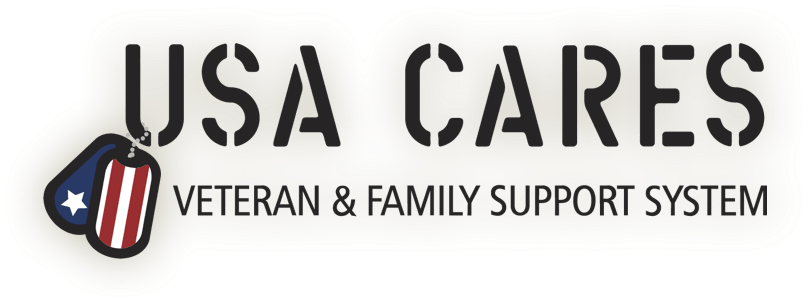Fran Wiedenhoeft
The bloodied, chaotic scenes of even the most true-to-life war movies pale in comparison to the memories Fran Wiedenhoeft has of her deployments to the Middle East.
During her more than 20-year career as a nurse anesthetist in the U.S. Army, Fran served in the Gulf, Iraq, and Afghanistan Wars. According to GoArmy.com, a nurse anesthetist provides “general anesthesia, respiratory care, cardiopulmonary resuscitation, and fluid therapy” to wounded combat soldiers.

For Fran, each deployment had its unique set of challenges.
“Desert Storm was kind of, you know, my introduction to how inhumane people can be to one another,” Fran said. “In Afghanistan, no matter where you were, it was a long way to a hospital. So, sometimes it would be teams of medics, surgeons, and anesthetists out in the actual field.”
Iraq, however, haunts Fran the most.
“Those were some of the worst things I’ve seen in my life,” she said. “They defy description to somebody that doesn’t have a frame of reference.”
After leaving the service in 2012, Fran did her best to integrate back into civilian life, but she found it difficult to stay focused and reengage with her family.
“Like so many others, I didn’t know I was experiencing symptoms of PTSD,” Fran said. “I went years without any sort of treatment.”
Along with the psychological trauma, Fran also battled complications related to her physical injuries. In 1997, Fran was diagnosed with a service-related brain tumor from her exposure to Sarin Gas in the first Gulf War. In 2008, during her deployment to Afghanistan, she suffered multiple concussions.
“That kind of predisposed my brain to not quite working,” Fran said.
After being medically retired, Fran requested special accommodations to continue working as an anesthetist in the civilian sector.
“We had to work 10-hour shifts that often became 12 or 13-hour shifts,” Fran said. “I just couldn’t do that. So, instead of giving me the accommodation, they sort of just forced me to retire.”
Meanwhile, the process to receive retirement benefits was dragging on. At the time, Fran and her wife were taking care of her grandson and had just opened their home to her daughter’s family after they were evicted.
“I had a whole house full of people, all depending on my income, which all of a sudden was just gone,” Fran said. “For a while we thought, OK my credit is good, we’ll just take out a few loans, but the money just stalled.”
Before long, Fran was notified that her house was facing foreclosure. Desperate to keep her family off the street, Fran began reaching out to veteran organizations for help, including USA Cares.
“I was literally starting to pack up the house because I really thought we were going to be foreclosed,” Fran said.
With her case manager aware of Fran’s dire situation, and with needed funds exceeding the maximum grant amount, USA Cares partnered with two other organizations to pool enough money to save Fran and her family from homelessness.
“It’s so hard to put into words my gratitude,” Fran said. “It makes me tear up thinking about it now. When you go through something like that, you start to think nobody cares about you until you find a handful of people who actually put action to ‘Thank you for your service.’”
It took Fran a few years to pay back the loans she was forced to take out during that time, but eventually, her benefits started to come in. Now, more than a decade later, Fran said she and her family are doing well and remain grateful for USA Cares’ assistance.
“I talk to a lot of homeless veterans,” Fran said. “A widespread reason for it is that they just give up. They believe no one is out there to help them, but I had just enough faith to keep going. So, that’s what I want to say to other veterans out there who are struggling, don’t give up. Don’t give up.”
